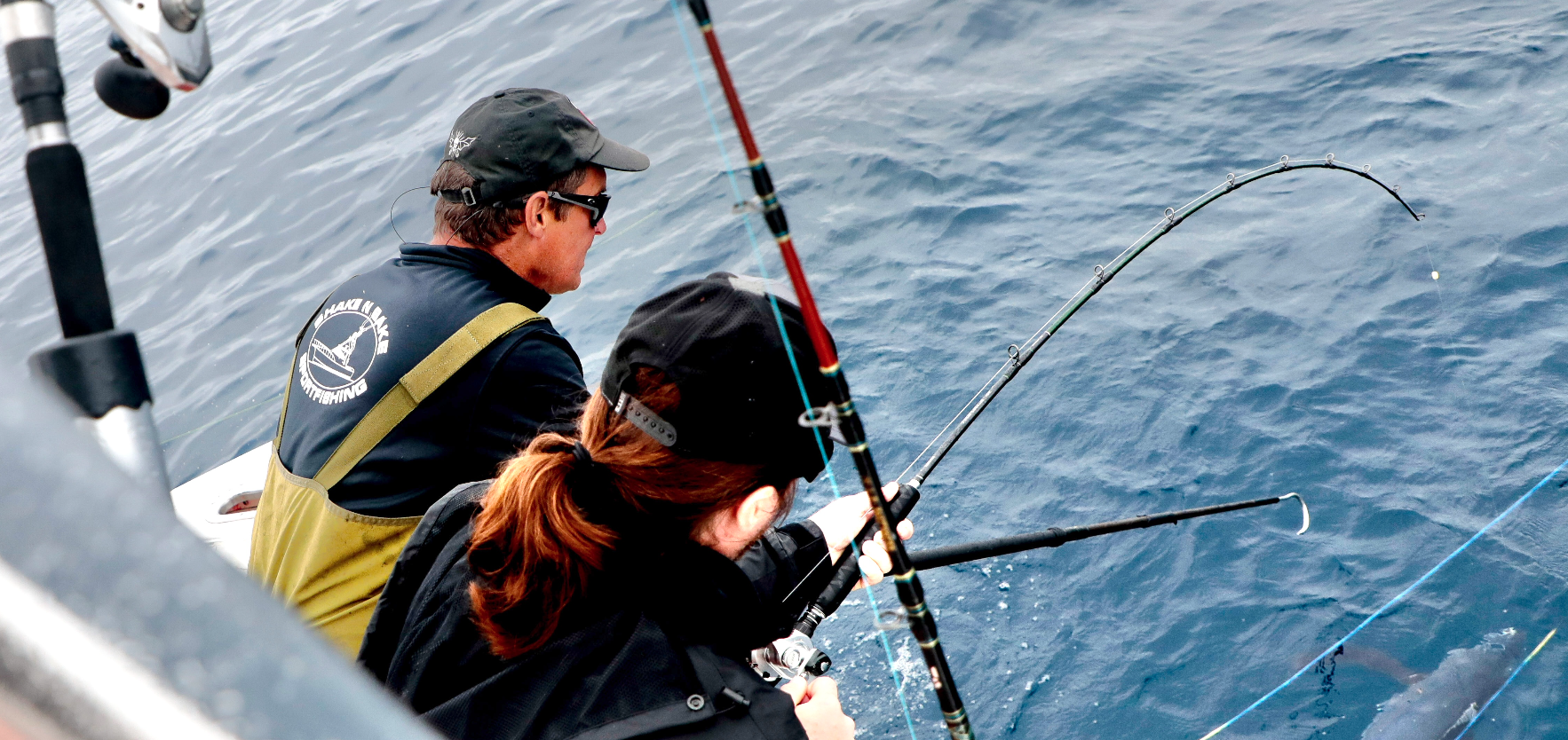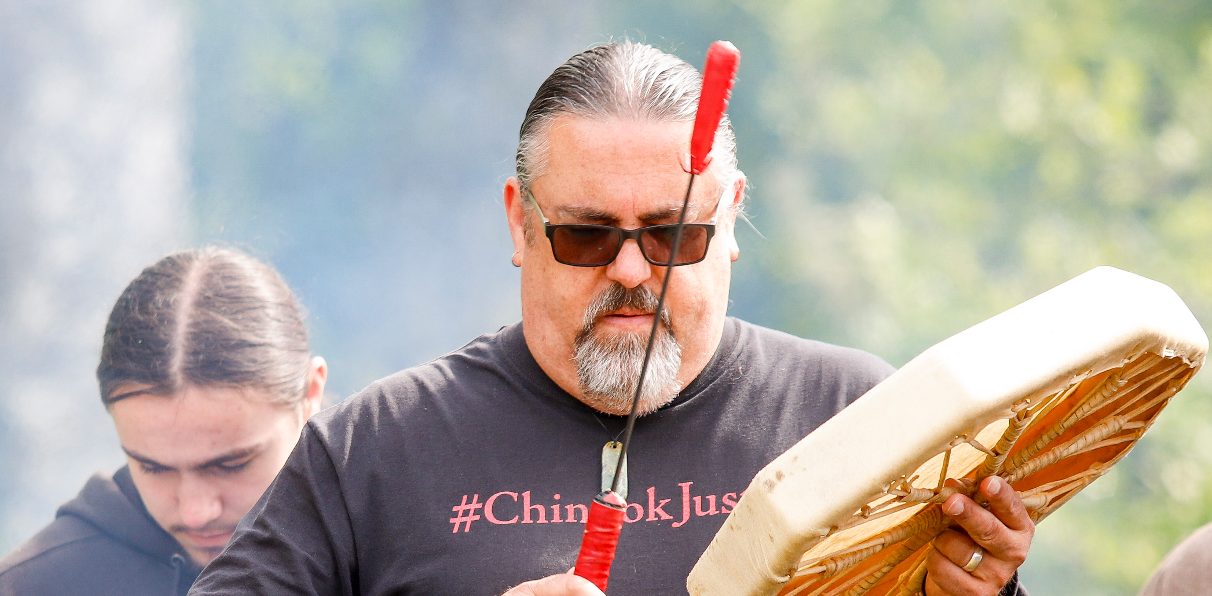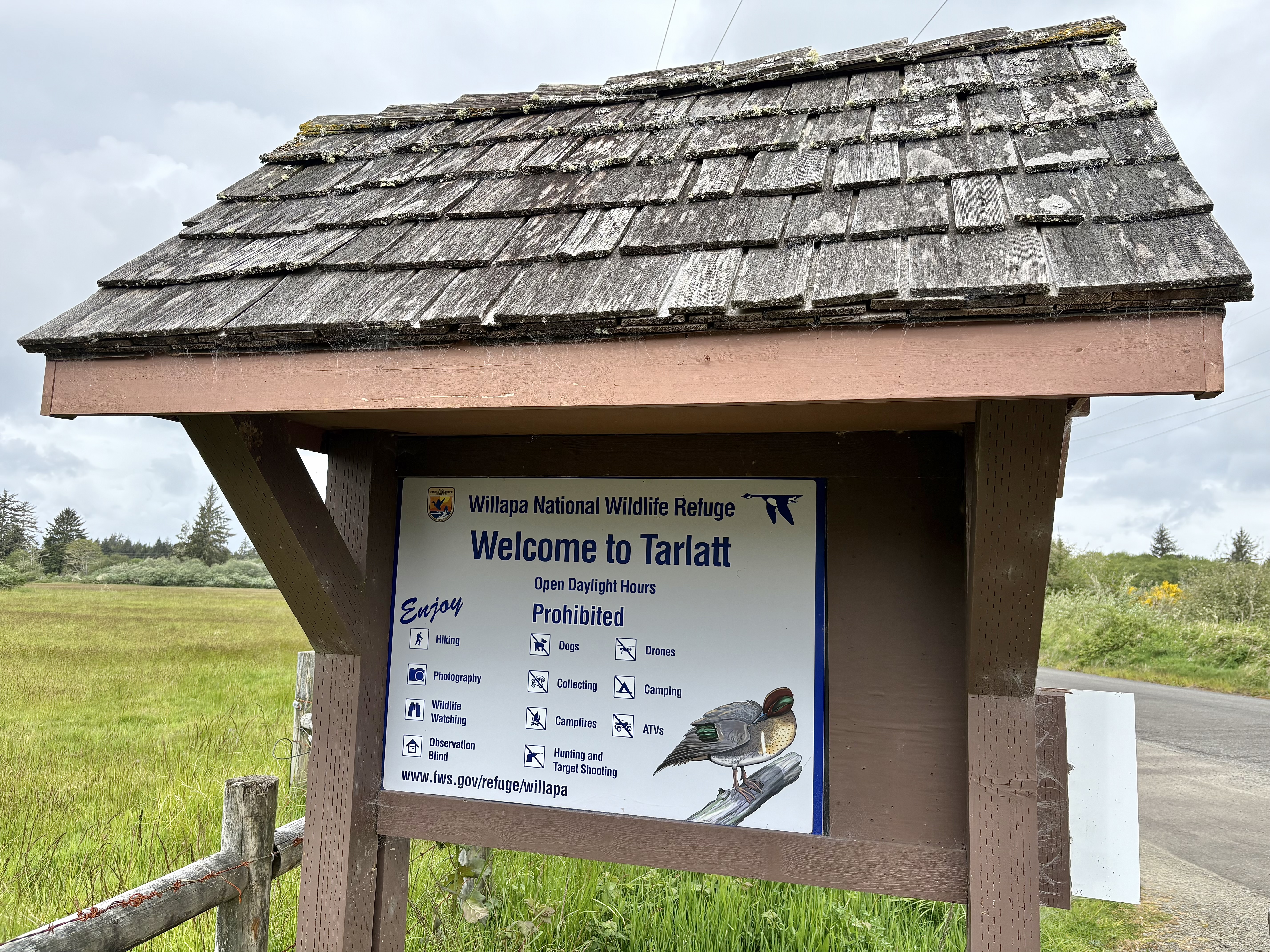An Ecological Boutique
Published 5:00 pm Tuesday, April 21, 2009
MANZANITA – In the heart of downtown Manzanita is Unfurl, a small boutique that was founded on the principle that the clothes we wear have as big an impact on the environment as the food we eat and the cars we drive. It is a welcoming place, full of well-designed apparel, art and jewelry in a rainbow of colors. There are clothes made from beechwood, bamboo, soy, hemp and organic cotton as well as flip-flops made from rubber tree plants.
Trending
An ecological boutique, Unfurl is the brainchild of Judson Moore and Suzy Freeman, who were inspired to start the store when they still owned Mother Nature’s Natural Foods. Moore and Freeman moved to Manzanita in 1997, a month after getting married and buying Mother Nature’s. The health food store thrived under their ownership.
It was during this time that they became interested in the concept of eco-fibers. “For many years, we had been aware of the environmental importance of supporting organically-grown food crops, but like most people, we had never thought about the impact of our clothing on the health of the planet,” Moore recalled. “Through research, we learned that cotton is the second most highly sprayed agricultural crop in the world.”
Freeman began carrying a small section of organically-grown clothing right next to the bulk bins in Mother Nature’s. She began stocking heirloom-grown organic cotton socks, hemp sweatshirts, organic cotton yoga wear and flip-flops made from recycled racecar tires beside bins of organic oatmeal and quinoa.
Trending
“Some people wondered why we carried socks in our grocery store – ‘why should I care if they are organic if I don’t eat them?’ Through conversations about cotton production and its effects on wildlife and increased cancer rates in humans, we were able to expand their idea of what an eco-friendly product was,” Freeman remembered.
From this small beginning, the idea grew to start an entire store with a focus on eco-friendly clothing. After finding a suitable space in the spring of 2004, Unfurl opened its doors as an “eco-logical clothing source” and has since doubled in size. Unfurl has also expanded its product lines to include more clothing for men and a children’s section, as well as a large selection of shoes, gifts, jewelry and art.
“One of our biggest challenges has always been finding the right balance between carrying ‘green’ products and finding what people will actually buy and wear,” Moore said. “Even though there seems to be a growing interest in environmentally friendly products, we have found that our customers will not buy a product just because of its ‘green’ label.”
Over the past five years, Unfurl has developed a product line that features a diverse selection of designers, including a few that are based out of Portland. The store is stocked full of hip, well-designed brands; some of which are more familiar to shoppers, such as Patagonia and some that may be new, like Texture.
“We’ve always held a special place in our store and our hearts for our friend Teresa Remple, designer and owner of Texture clothing,” said Freeman. “In fact, one of the first lines we carried was Texture. Her colorful, hemp Comfy Skirt has now become a cult classic with many of our local girls and continues to find new fans at Unfurl.”
Hemp is a wonderfully diverse plant that can be grown using a minimal amount of water, feritilizer, herbicides and pesticides and is a perfect fiber for making cloth. Unfurl also carries Kavu, a line of clothes made from bamboo, and another, Comfy, made from beechwood. Both fibers make a silky fabric that wears well over time.
They also keep Havaianas in stock, the popular flip-flops made from rubber extracted from trees growing in the Brazilian rainforest. According to Freeman, the once humble flip-flop has become a favorite of the fashion world from Milan to Manzanita. She compares walking in them to walking on marshmallows, firm and yet giving to the soles of your feet.
Since Unfurl is on the Oregon Coast, where the weather is known to go from 90 mph windstorms in the winter to mild summer days, there are challenges in choosing inventory that is fashionable as well as practical. So, ever pragmatic, Freeman and Moore have made small compromises that make sense in the big scheme of things.
For example, some of Unfurl’s most “sustainable” shoe brands are made from hemp or organically grown cotton and will not hold up over a wet winter on the coast. So they also stock several lines of shoes made from naturally durable leather that are made to last for years.
“There is nothing sustainable about a product if it’s just going to end up in a landfill after the first season,” Moore said.
In addition, Freeman and Moore have faced challenges in developing a product line that is eco-friendly, but also reflects how their customers actually dress.
“We have found that much of what is available in the eco-clothing world is not designed for the way most of our customers dress – many styles are either too relaxed and casual or not cut for the average body type. Our goal has always been to find the most flattering styles for a wide range of body types. It’s been interesting to see that even in just the last few years, more and more has become available for us to choose from; when we started there were only a handful of companies producing eco-friendly clothing,” Moore said.
If you’ve ever set foot in Unfurl, then you must have noticed the brightly-colored paintings of animals and trees hanging on every possible wall and outcropping. “We discovered Eli Halpin’s amazing paintings around the time we opened our store and were immediately captivated by the whimsical, yet sophisticated style of her work,” Freeman said. “Her paintings continue to inspire adoring fans both here in the Northwest and across the country.”
In addition to the usual “green” practices of recycling, using eco-friendly packaging and compact fluorescent light bulbs, Unfurl is looking for new ways to grow in its commitment to sustainable business. During their recent remodel, they used zero-VOC paint from Portland’s Yolo Colorhouse and incorporated recycled wood products into their shelves and fixtures. To further reduce their carbon footprint, Unfurl purchases its electricity from Tillamook PUD’s new sustainable methane power program. They will also become members of the 1 Percent for the Planet organization this year, donating 1 percent of their profits to environmental causes.









